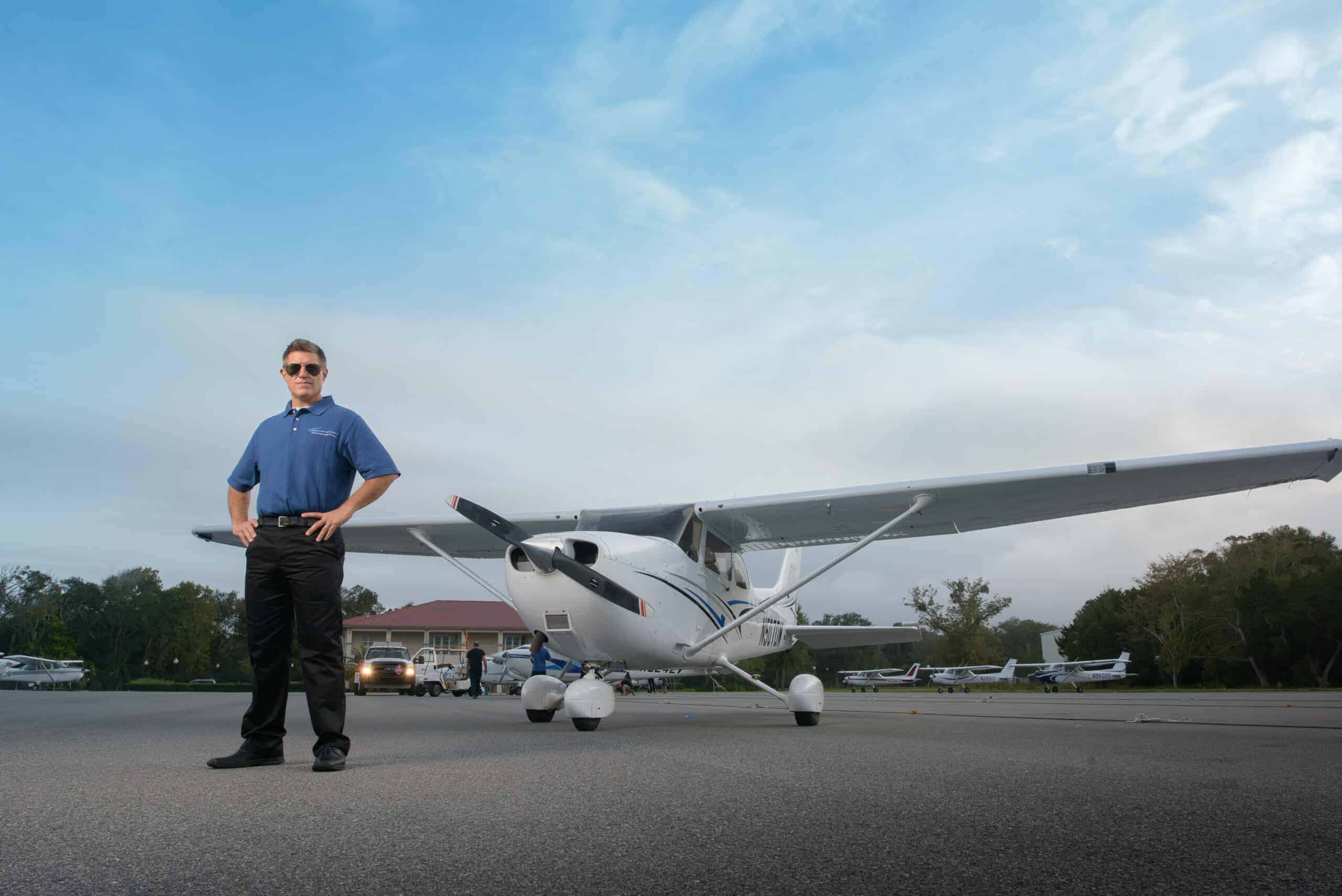A plane flight for many is not just a job but also a passion. When your flight path takes you to one the largest and most reputable cargo carriers in the entire world the destination becomes more important. UPS pilots are more than just travel from point A to B. They also are responsible for the time-sensitive cargo they transport and ensuring the safety of passengers under stress.
You might be interested in aviation, or the idea of being a part of the global logistics. Find out what you need to know about becoming an UPS Pilot with the right requirements, the training program, and the duties associated with this position.

Image credit: flightschoolusa.com
The role of the UPS Pilot: Much More than Flying
UPS Aviators, in contrast to commercial pilots, are accountable for transporting critical goods including packages and documents, across the national and international skies, frequently within tight deadlines. The pilots working in this industry are constantly moving whether they’re coordinating important cargo of high value or dealing with complex meteorological systems. These pilots are also advocates for UPS. They represent the UPS brand and symbolize professionalism with a high degree of reliability, trustworthiness, technical proficiency, and dedication.
UPS pilots are required to manage everything from pre-flight planning and emergency protocols, as well as communication with ground operations as well as air traffic control. This job requires more than precise flying skills but also sharp, heightened situational awareness and a dedication to safety.
UPS Pilot Qualification Standards Set the Bar high
UPS does not permit anyone else to manage its fleet. UPS pilot qualifications requirements are among the strictest of any aviation industry that deals with cargo.
A bachelor’s degree is required of any candidate. Additionally, they must hold an FAA commercial license that is valid with multi engine and instrument ratings. Most UPS pilot candidates have between 2 and 4000 flight hours, which includes experience in turbine-powered aircraft.
The fitness of the medical professional is also crucial. Pilots must satisfy strict FAA health requirements, which include great vision and ability to pass comprehensive medical examinations. The applicants must be U.S. Citizens or hold the appropriate authorization to work. They must also fall between the age groups between 23 and 65.
UPS is a firm believer in the practical knowledge, experience gained from real-world situations, and professionalism. The qualifications are created so that UPS will continue to be recognized as a safe and timely company, while also maintaining the safety of their pilots.
UPS Pilot Training Programs: Getting Ready for the Real World
Even after meeting the qualifications, new hires undergo extensive UPS pilot training programs to prepare them for the unique demands of the company’s aircraft and routes.
Training begins with ground schools in which pilots are taught UPS-specific procedures, processes as well as company expectations. Then, simulator sessions are held that simulate real-world emergency situations and flight conditions. After achieving proficiency in simulators, pilots start Initial Operating Experience (IOE) real-world flights under the supervision of senior UPS pilots.
These programs transcend the technical. They prepare pilots for operational efficiency, crew coordination, and real-time problem-solving–critical components of UPS’s global delivery infrastructure.
How to become an UPS Pilot: Charting a Flight Path
If you’re thinking about becoming a UPS pilot and want to be a pilot for UPS, your journey must begin with a good flight training. Flight schools such as Florida Flyers Flight Academy offer an understanding of the basics of aeronautics. They also provide instructors who are hands-on in navigation and safety procedures.
As you progress, earning flight hours in a variety of aircraft especially turbine-powered planes can help you improve your skills. Acquiring experience in roles that focus on safety, teamwork and time-sensitive processes can also help you stand out when you apply to UPS.
The Final Thoughts: A career that provides more than Paychecks
It’s not easy to become a UPS pilot. It requires dedication in technical expertise, a high level of proficiency, and the ability to work under pressure. If you’re willing to the task, this is one of the most satisfying professions in aviation. It offers competitive pay, travel around the world along with job security and an opportunity to play a essential role in maintaining the global economy. The UPS cockpit could be the place to be if your dream is to fly on purpose.